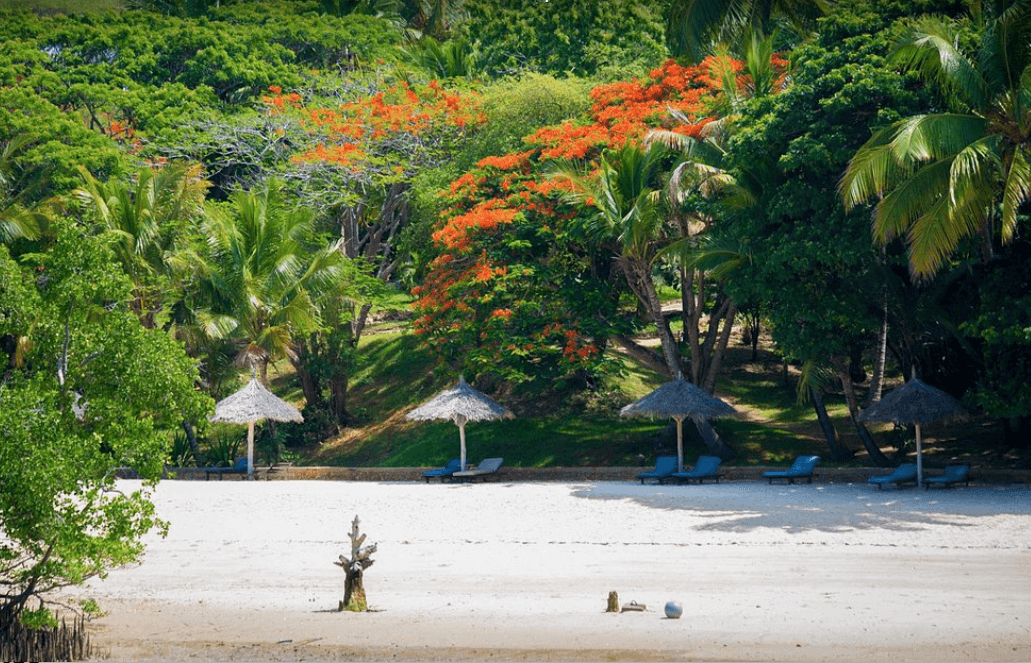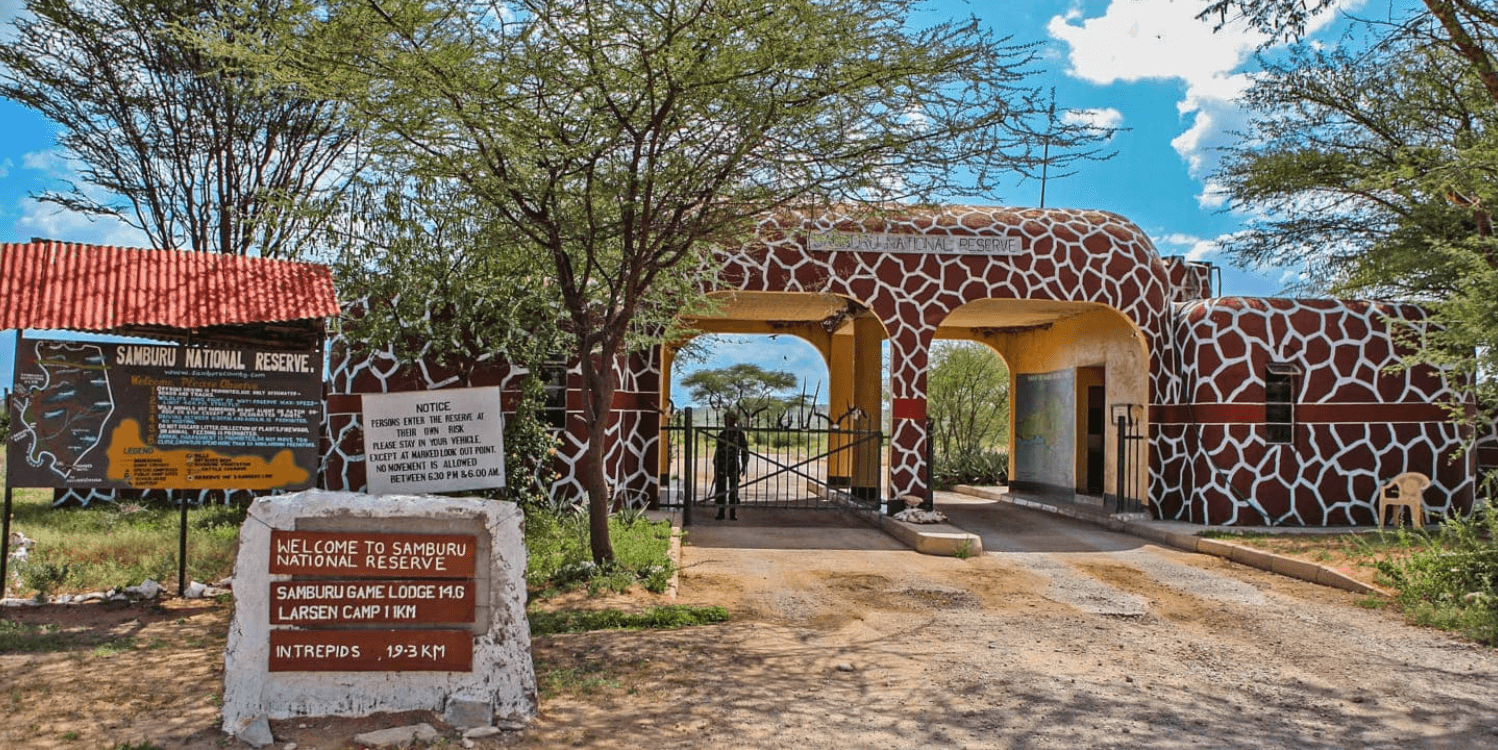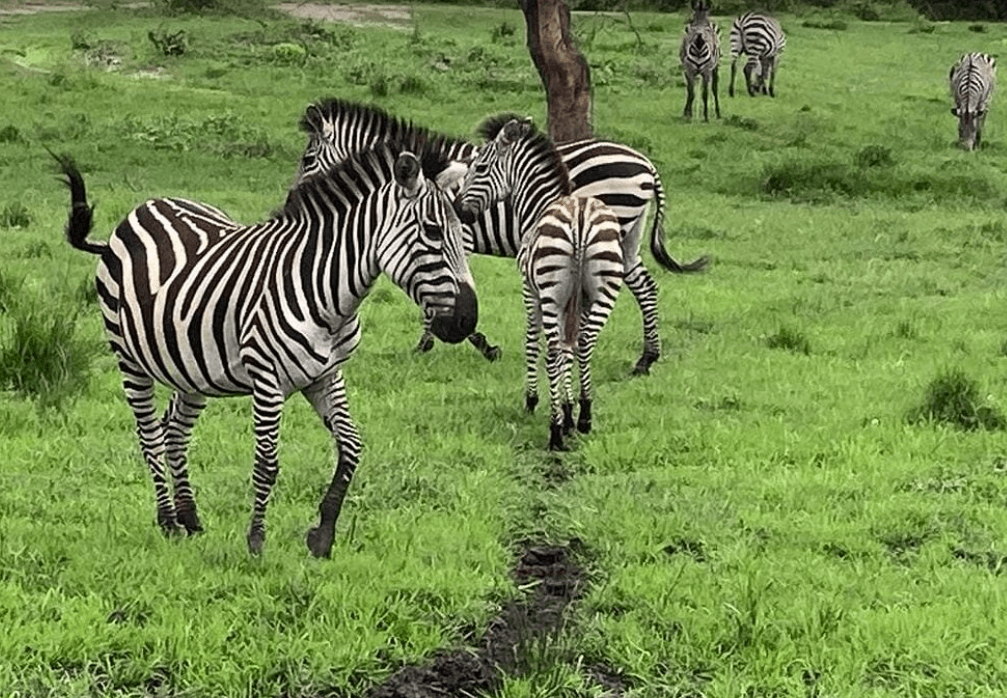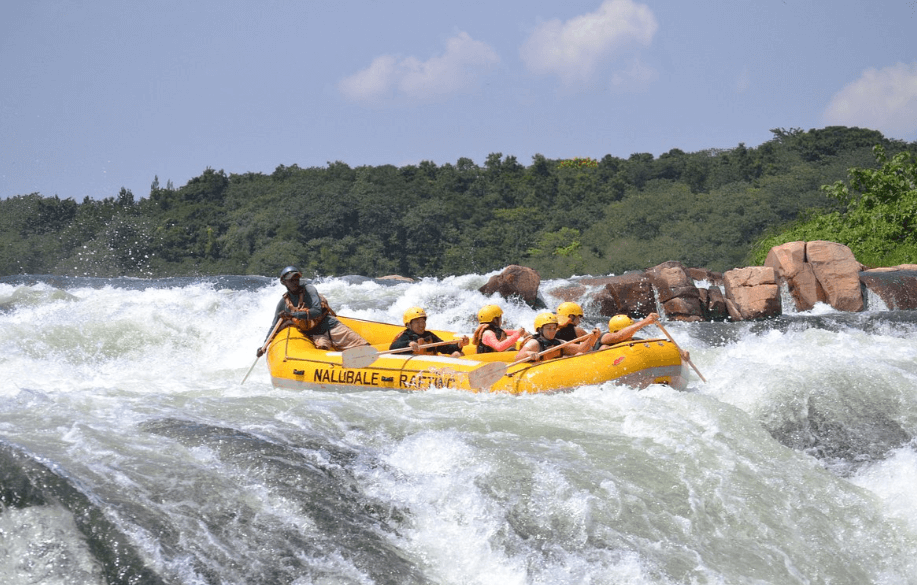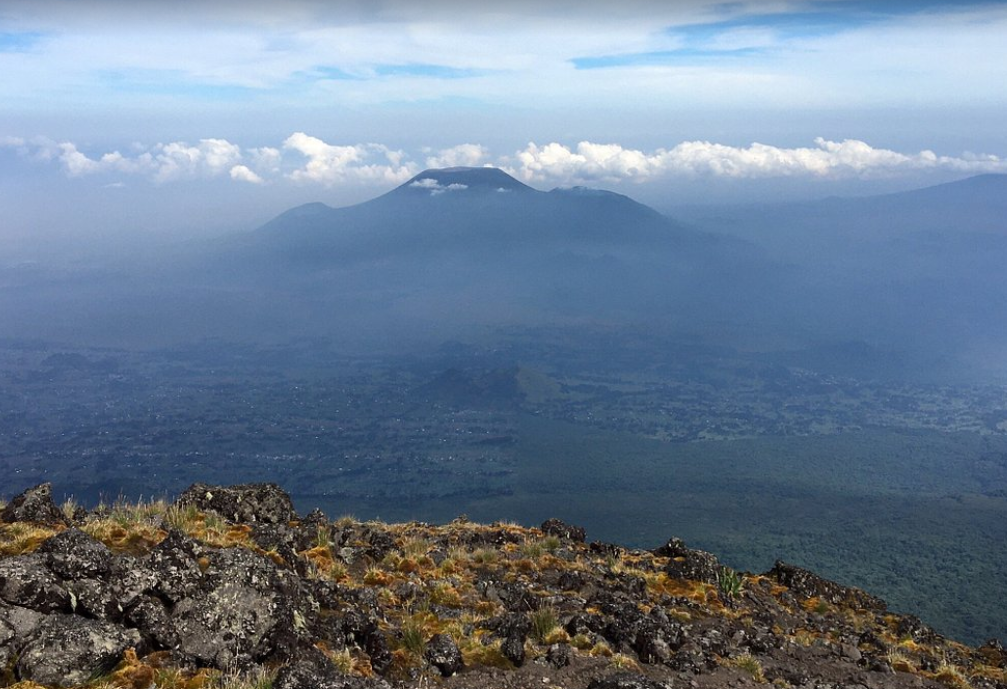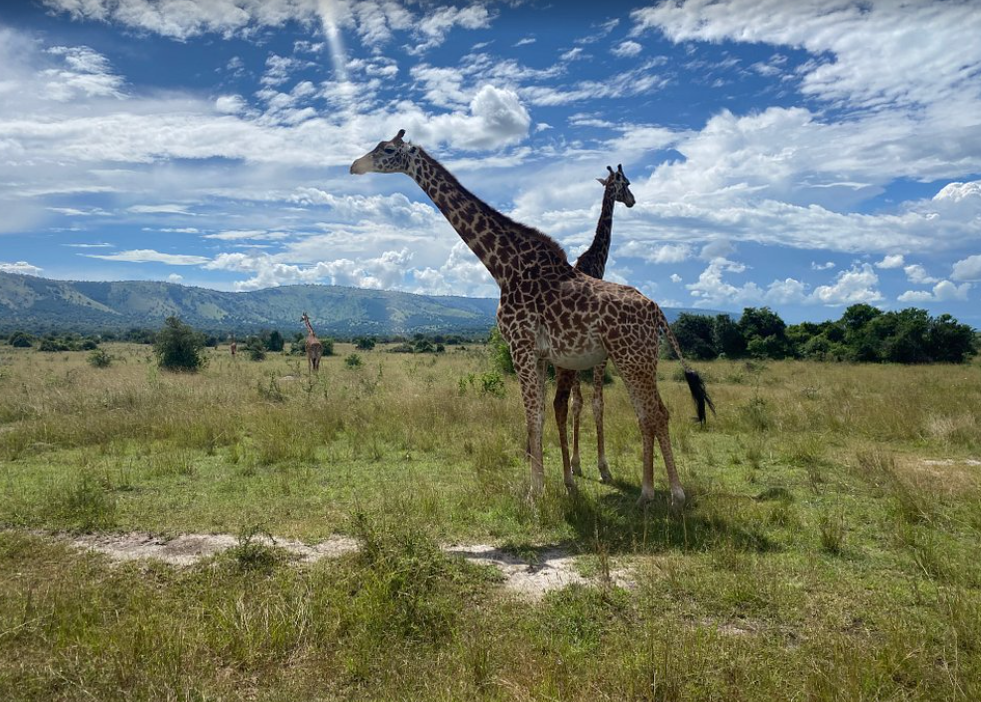Lake Mburo National Park
Lake Mburo National Park is a gem nestled in the heart of Uganda. Known for its rich biodiversity and stunning landscapes, this park offers a serene retreat for nature lovers and adventure seekers. Spanning 370 square kilometers, it is one of the smallest national parks in Uganda, yet it boasts a diverse range of wildlife and activities that make it a must-visit destination. The park is named after Lake Mburo, which lies at its center and is surrounded by rolling hills, savannahs, and wetlands.
Location
This park is located in the Kiruhura District in the western region of Uganda. It is approximately 240 kilometers southwest of Kampala, the capital city of Uganda. The park’s strategic location along the highway connecting Kampala to the western region makes it easily accessible to visitors.
How to Get There
By Road
Traveling by road is the most common way to reach Lake Mburo.
From Kampala, the journey takes about four hours via the Kampala-Masaka-Mbarara highway. The road is well-paved, and the drive is scenic, passing through lush countryside and small towns. Public transport options such as buses and taxis are available, but hiring a private vehicle or using a tour operator is recommended for a more comfortable and flexible journey.
By Air
For those who prefer to fly, there are charter flights available from Entebbe International Airport to Mbarara Airstrip, which is about a one-hour drive from the park. From Mbarara, you can arrange for a taxi or a shuttle service to take you to Lake Mburo.
Activities at Lake Mburo National Park
There are a variety of tourist activities that cater to different interests, making it an ideal destination for both relaxation and adventure.
Game Drives
Game drives are one of the most popular activities in the park. Visitors can explore the park’s diverse habitats and spot a wide range of wildlife, including zebras, impalas, buffaloes, and elands. The park is also home to several predators, such as leopards and hyenas. Game drives are best enjoyed in the early morning or late afternoon when animals are most active.
Boat Safaris
A boat safari on Lake Mburo provides a unique perspective of the park. As you glide along the lake, you can observe hippos and crocodiles up close, as well as a variety of bird species. The lake is a haven for bird watchers, with over 350 species recorded, including the African fish eagle, kingfishers, and the rare shoebill stork.
Walking Safaris
You can enjoy a walking safari while visiting Lake Mburo Park. Accompanied by a knowledgeable guide, you can explore the park on foot and experience its flora and fauna up close. Walking safaris offer a more intimate and immersive experience, allowing you to appreciate the smaller details of the ecosystem.
Horseback Riding
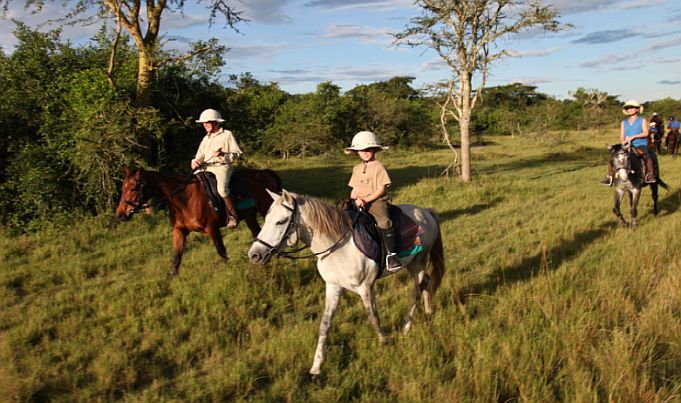
For a unique and thrilling adventure, try horseback riding in the park. This activity is offered by Mihingo Lodge and provides a different way to explore the park’s landscapes and wildlife. Riding through the savannah on horseback gives you a sense of freedom and allows you to get closer to animals without disturbing them.
Bird Watching
Bird watching is one of the major attractions, you can enjoy at Uganda’s Lake Mburo. The park’s diverse habitats support a rich birdlife, making it a paradise for bird enthusiasts. Some of the notable species you can spot include the red-faced barbet, African finfoot, and the white-winged warbler. The Rubanga Forest, located in the western part of the park, is a particularly good spot for birding.
Cultural Encounters
Engaging with the local communities around Lake Mburo National Park offers an enriching cultural experience. The Banyankole people, who are predominant in the area, are known for their cattle-keeping traditions. You can visit a local homestead, learn about their way of life, and even participate in traditional activities such as milking cows or making ghee.
Where to Stay
There’s a range of accommodation options to suit different budgets and preferences. Whether you are looking for luxury lodges, budget campsites, or mid-range hotels, there is something for everyone.
Luxury Lodges
Mihingo Lodge
Mihingo Lodge is a luxurious and eco-friendly lodge situated on a rocky outcrop with stunning views over the park. The lodge features well-appointed rooms, an infinity pool, and a variety of activities, including horseback riding and guided walks. It is an excellent choice for those seeking comfort and a touch of luxury.
Mantana Tented Camp
Mantana Tented Camp offers a classic safari experience with its spacious and comfortable tents. The camp is strategically located to provide excellent views of the park and is ideal for those who want to immerse themselves in nature without sacrificing comfort.
Mid-Range Accommodation
Rwakobo Rock
Rwakobo Rock is a mid-range lodge situated on a hilltop, offering panoramic views of the park. The lodge features cozy cottages, a restaurant, and a swimming pool. It is a great option for families and groups looking for a comfortable stay with easy access to the park’s activities.
Arcadia Cottages
Arcadia Cottages provide a peaceful and serene environment for visitors. The cottages are well-equipped and offer beautiful views of the surrounding landscape. The on-site restaurant serves a variety of delicious meals, making it a convenient choice for travelers.
Budget Options
Eagles Nest
Eagles Nest is a budget-friendly lodge that offers basic but comfortable accommodation. The lodge is perched on a hill, providing spectacular views of Lake Mburo and the park. It is an ideal choice for budget travelers who want to enjoy the park without spending a fortune.
Lake Mburo Camp
Lake Mburo Camp is a campsite located within the park, offering an authentic camping experience. The camp provides basic facilities, including tents and cooking equipment. It is perfect for adventurous travelers who enjoy camping and want to be close to nature.
Lake Mburo National Park is a captivating destination that offers a diverse range of activities and experiences. From game drives and boat safaris to walking safaris and horseback riding, there is something for everyone. The park’s rich biodiversity, stunning landscapes, and cultural encounters make it a must-visit location in Uganda. Whether you are looking for luxury accommodation or budget options, Lake Mburo National Park has it all. Plan your visit today and discover the beauty and tranquility of this remarkable park.

